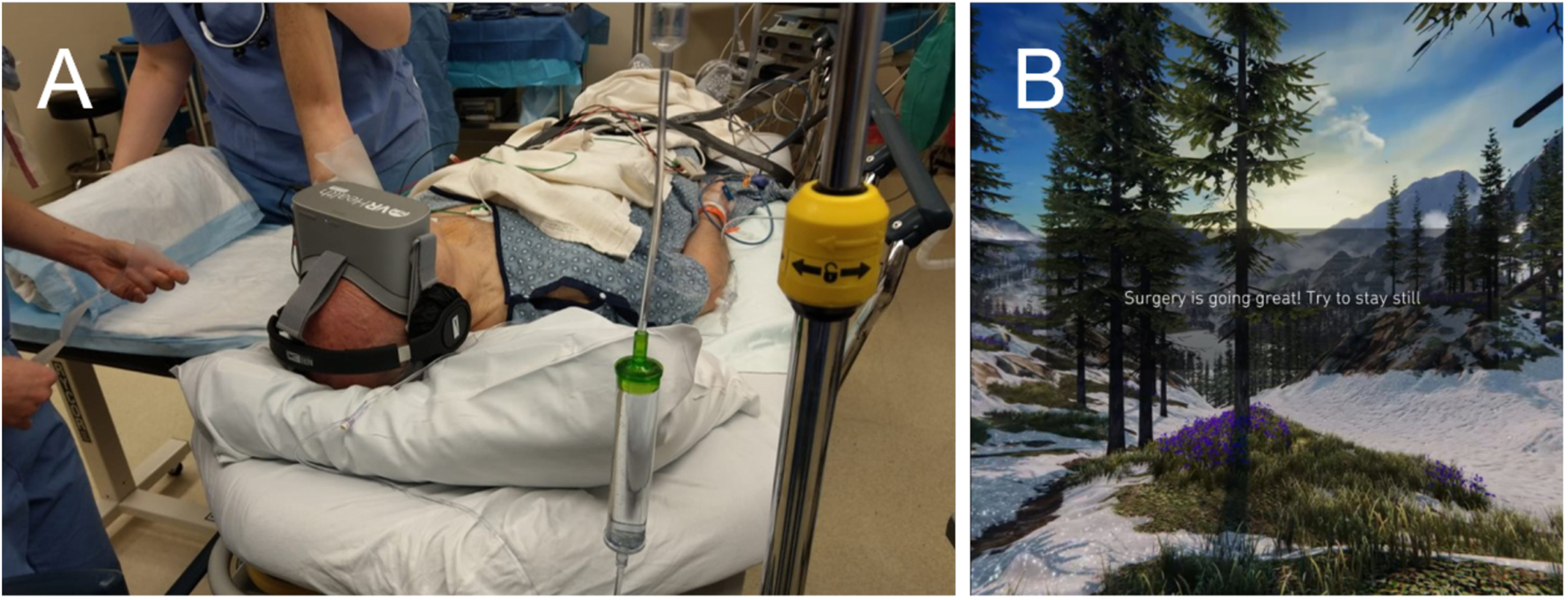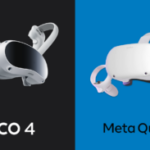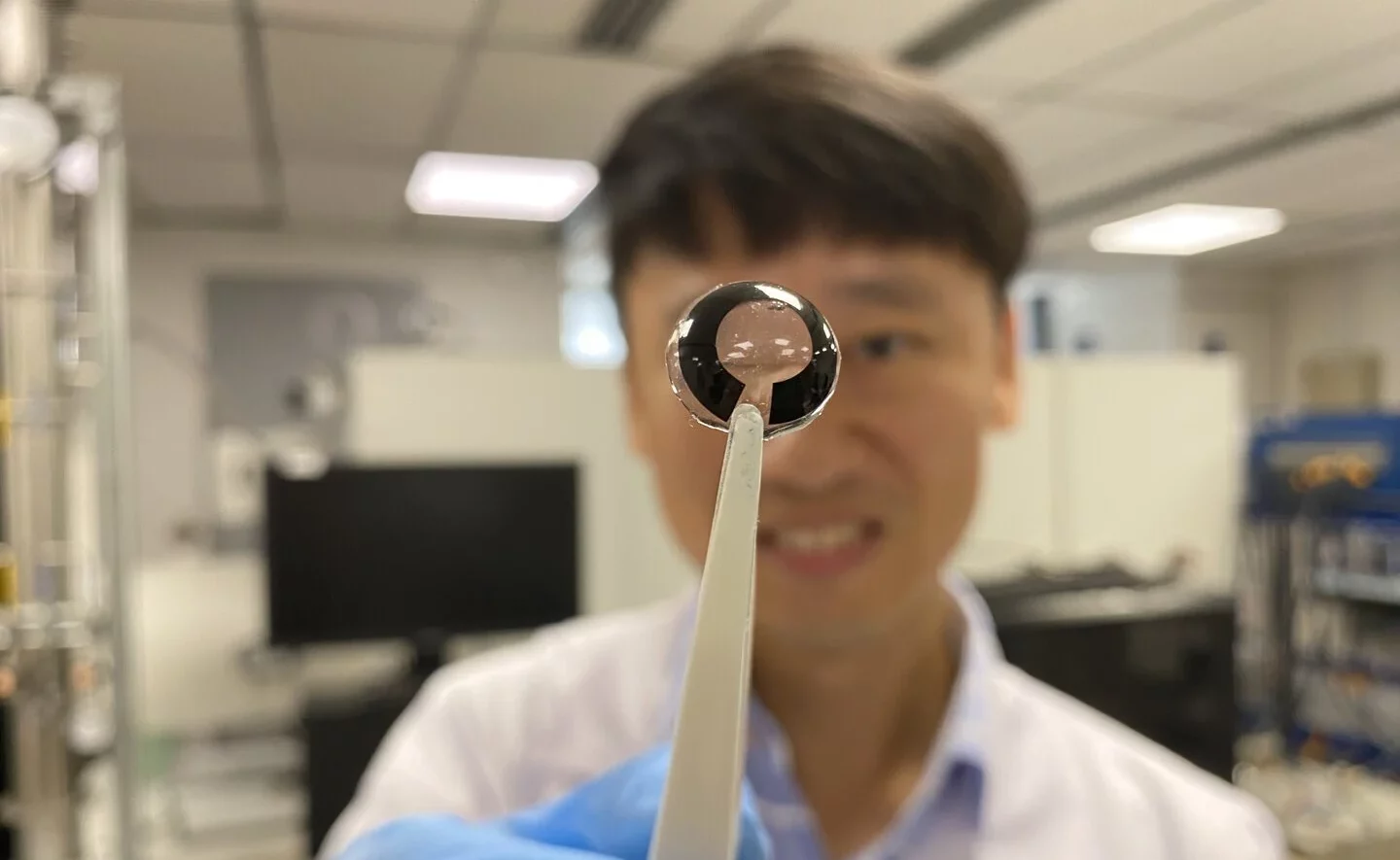Who needs drugs when you can meditate in a serene meadow during surgery?
We’ve seen immersive technology used for a variety of medicinal purposes over the years. This includes everything from augmented reality (AR) glasses EMTs can use to convey critical information to health centers to VR hospital tours designed specifically for children. We’ve also begun to see immersive technology used as an alternative to anesthetic drugs, which can sometimes cause adverse side effects.
According to a report by MIT Technology Review, a team of researchers at Beth Israel Deaconess Medical Center has published a study in which VR technology was used to reduce pain for patients during surgery. As part of the experiment, a group of 34 patients undergoing elective hand surgery were split into two equal groups.
One group was given VR headsets they could use to immerse themselves in a variety of relaxing content (guided meditation, serene forests, relaxing meadows) while the other group relied solely on anesthetics. The report states that those with VR entertainment requested significantly less sedation (125.3 milligrams per hour compared to an average of 750.6 milligrams per hour) compared to those without.
“VR use has expanded from the entertainment sector to the fields of medical education, rehabilitation, and the management of mental health and chronic pain,” said the research team in their report. “VR’s purported benefit in the management of patients with pain or anxiety is through providing an immersive experience capable of distracting the mind from processing noxious stimuli.”
“Although VR has been shown to provide effective anxiolysis for minor procedures such as endoscopy and dressing changes, currently there is only limited evidence to support VR’s effectiveness during surgery. Given this, we conducted a randomized, controlled clinical trial with the objective of investigating whether VR immersion could reduce the amount of sedatives administered during hand surgery with regional anesthesia and MAC as compared to MAC alone.”
VR technology also had a noticeable impact on recovery time, with VR users spending roughly 63 minutes in recovery as opposed to 75 minutes. While feedback has been positive, the team admits that the results may have been skewed. Patients could have gone into their surgery already convinced that VR would help them with pain management. Still, these are some encouraging results.
For more information check out the research team’s full report here.
Image Credit: Beth Israel Deaconess Medical Center
The post VR Could Lower The Need For Sedation During Surgery appeared first on VRScout.






